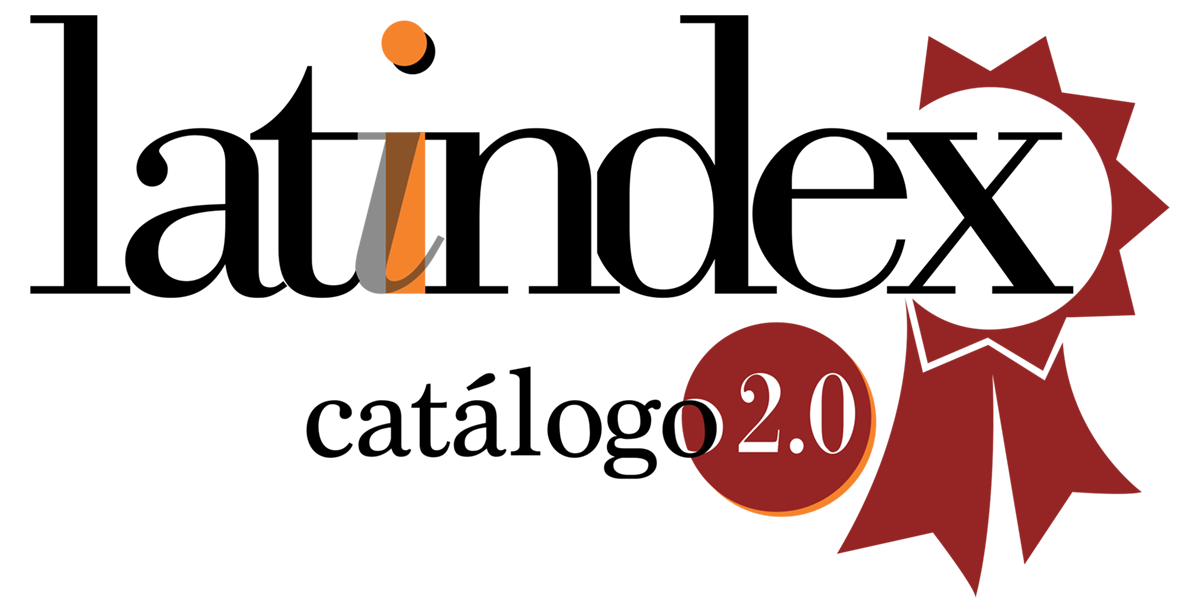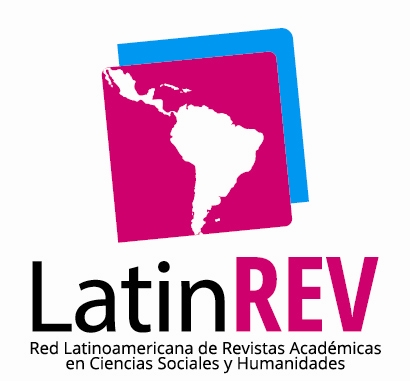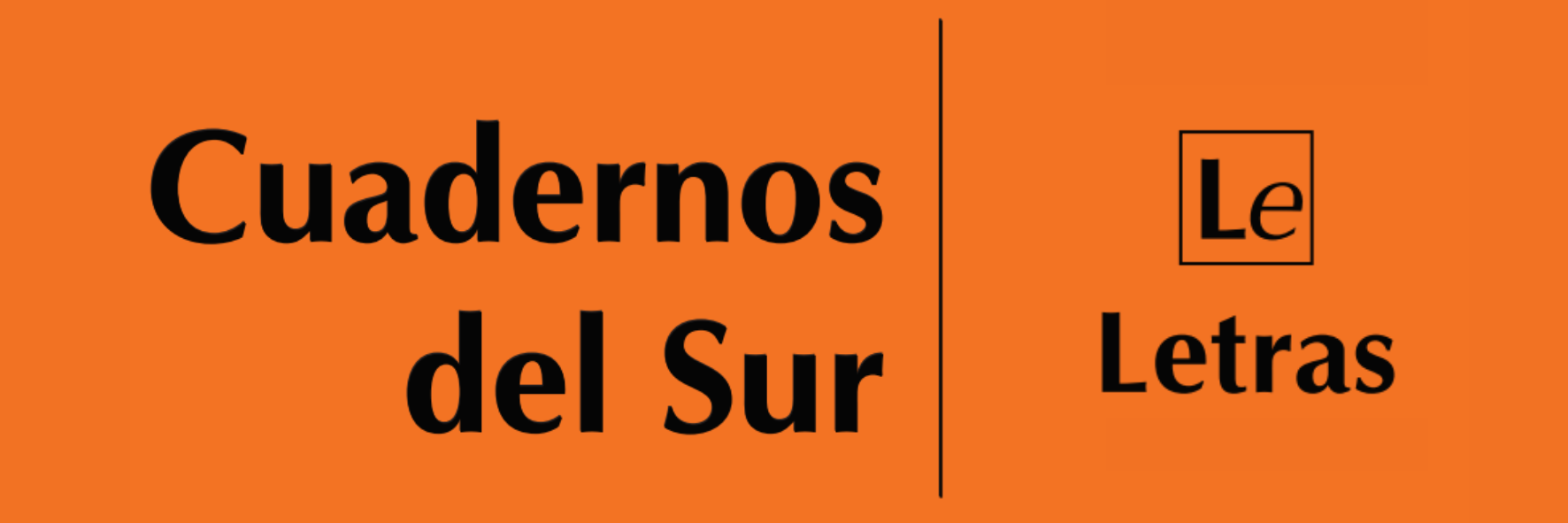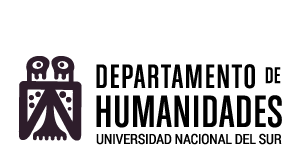Perdonar al otro. La cuestión del sujeto entre la vida, la muerte y la sobrevida en la obra de Jacques Derrida
Keywords:
subject, forgiveness, survivalAbstract
The issue of the subject or subjectivity in philosophy continues to arouse important discussions and generate various reinterpretations. This article will analyze this problem in Jacques Derrida’s work. According to the Franco-Algerian philosopher, there is no such thing as a Cartesian-style “self-sufficient self.” Derrida argues that the “self” is an invention of the other: the other person, the other animal, the other absolute or God, and other forms of the event. Otherness inhabits the “self” and exceeds it, at the same time. Now, and according to the above, is it possible to continue talking about subjectivity or subject in Derrida? After deconstructing the figures of subjectivity that have emerged within the Western philosophical tradition, what is left from the subject? Is there still (a) rest? Is this a destruction of any idea of a subject or, on the contrary, after the deconstruction of the “metaphysics of presence” will a “new subject” emerge, although perhaps “subject” is no longer the right word? Derrida’s critique of the concept of life and the defense of quasi-concepts such as forgiveness, death and survival may allow us to think about a new modality of the subject.
Downloads
References
Cragnolini, Mónica (2003), “Temblores del pensar: Nietzsche, Blanchot, Derrida”, en Pensamiento de los Confines, n° 12, pp. 111-119.
----- (2005), “Adieu, Adieu, remember me. Derrida, la escritura y la muerte”, en Jornadas Derrida, Universidad Nacional del Litoral, Santa Fe.
----- (2006), Moradas nietzscheanas: del sí mismo, del otro y del “entre”, Buenos Aires, La Cebra.
----- (2013), Entre Nietzsche y Derrida: vida, sobrevida, muerte, Lanús, La Cebra.
Derrida, Jacques (1995a), Dar (el) tiempo. I. La moneda falsa, Barcelona, Paidós.
----- (1995b), Espectros de Marx. El estado de la deuda, el trabajo del duelo y la nueva internacional, Madrid, Trotta [trad. José Miguel Alarcón y Cristina De Peretti].
----- (1998), “Amar de amistad: quizá, el nombre y el adverbio”, en Políticas de la amistad, seguido de El oído de Heidegger, Madrid, Trotta, pp. 43-65 [trad. Patricio Peñalver y Francisco Vidarte].
----- (2000), Introducción a El origen de la geometría de Husserl, Buenos Aires, Manantial [trans. Diana Cohen].
----- (2003), El siglo y el perdón, Buenos Aires, Ediciones de la flor.
----- (2005a), Canallas. Dos ensayos sobre la razón, Madrid, Trotta.
----- (2005b), “‘Hay que comer’ o el cálculo del sujeto”, entrevista de Jean-Luc Nancy, Confines, nº ١٧, pp. ٩١-١١٤ [trad. de V. Gallo y N. Billi].
----- (2006), Aprender por fin a vivir, Buenos Aires, Amorrortu.
----- (2007), La hospitalidad, Buenos Aires, Ediciones de la flor.
----- (2010), Seminario la bestia y el soberano. Volumen I (2001-2002), Buenos Aires, Bordes Manantial.
----- (2012), De la Gramatología, México DF, Siglo XXI.
----- (2015), El problema de la génesis en la filosofía de Husserl, Salamanca, Sígueme.
----- (2019), La vie la mort: Séminaire 1975-1976, París, Seuil.
Wittgenstein, Ludwig (2002), Tractatus logico-philosophicus, Madrid, Tecnos.
How to Cite
Issue
Section
License
Copyright (c) 2022 Gabriel Nicolás Duyos

This work is licensed under a Creative Commons Attribution-NonCommercial 4.0 International License.
Aquellos autores/as que tengan publicaciones con esta revista, aceptan los términos siguientes:- Los autores/as conservarán sus derechos de autor y garantizarán a la revista el derecho de primera publicación de su obra, el cuál estará simultáneamente sujeto a la licencia Atribución-No Comercial 4.0 Internacional CC BY-NC 4.0.
- Los autores/as podrán adoptar otros acuerdos de licencia no exclusiva de distribución de la versión de la obra publicada (p. ej.: depositarla en un archivo telemático institucional o publicarla en un volumen monográfico) siempre que se indique la publicación inicial en esta revista.
- Se permite y recomienda a los autores/as difundir su obra a través de Internet (p. ej.: en archivos telemáticos institucionales o en su página web) una vez publicado su trabajo, lo cual puede producir intercambios interesantes y aumentar las citas de la obra publicada. (Véase El efecto del acceso abierto).










